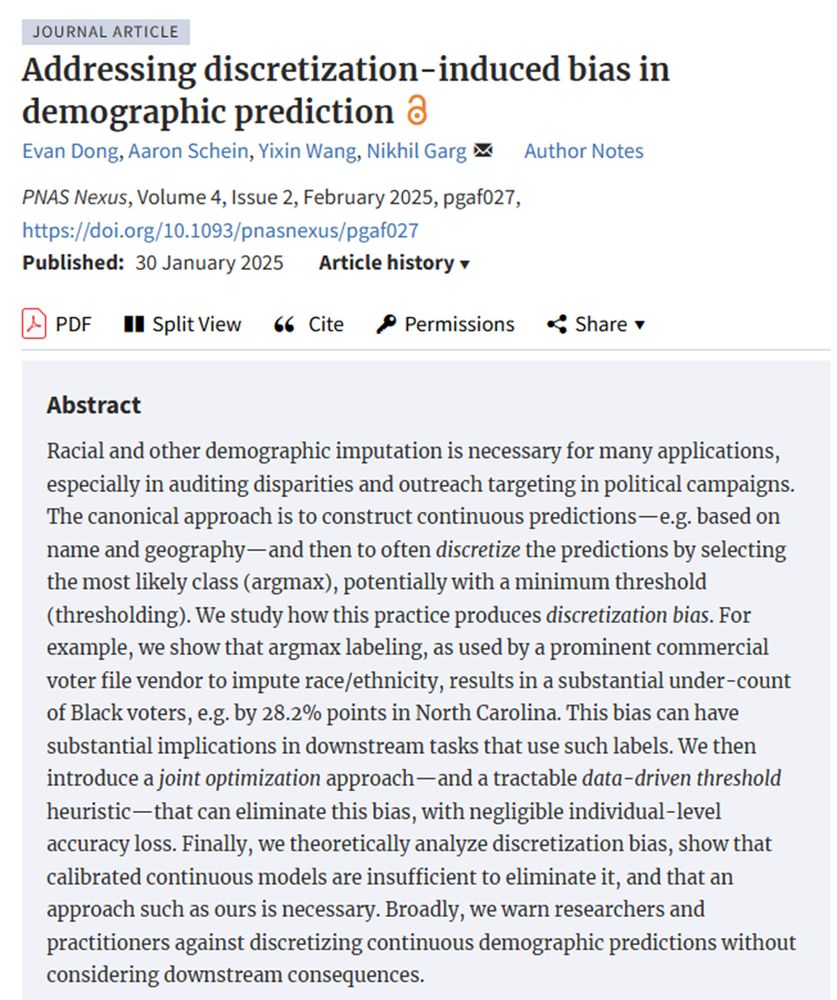
arxiv.org/abs/2507.03600

arxiv.org/abs/2507.03600









www.cambridge.org/core/journal...

www.cambridge.org/core/journal...


academic.oup.com/pnasnexus/ar...

academic.oup.com/pnasnexus/ar...
The first paper (Manish's) is the relevant one. arxiv.org/abs/2412.08610. This chat occurred the day after it appeared on arxiv.
(it does get every detail wrong except title, author, id)

The first paper (Manish's) is the relevant one. arxiv.org/abs/2412.08610. This chat occurred the day after it appeared on arxiv.
(it does get every detail wrong except title, author, id)
Link: arxiv.org/abs/2312.09841

Link: arxiv.org/abs/2312.09841


